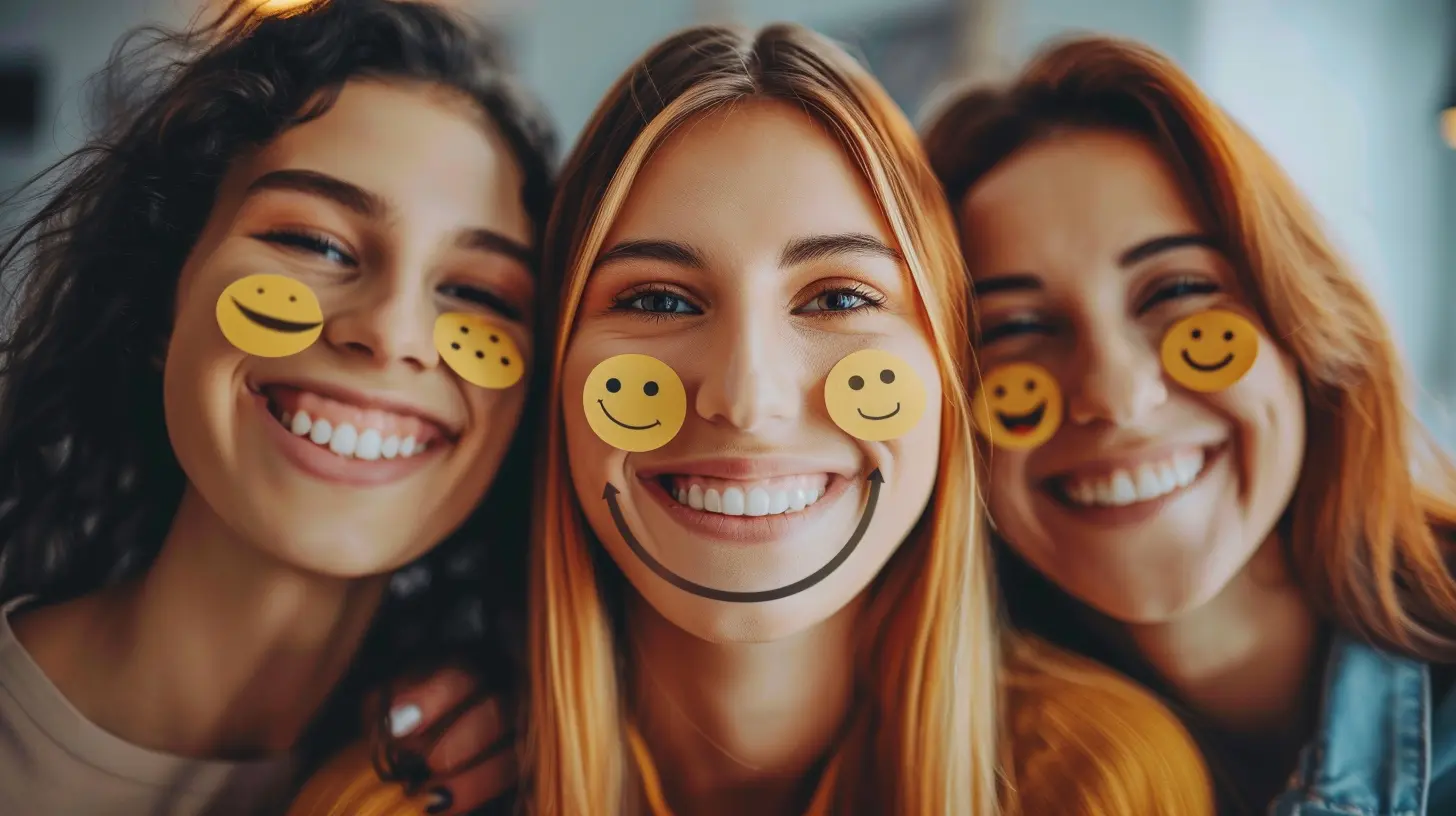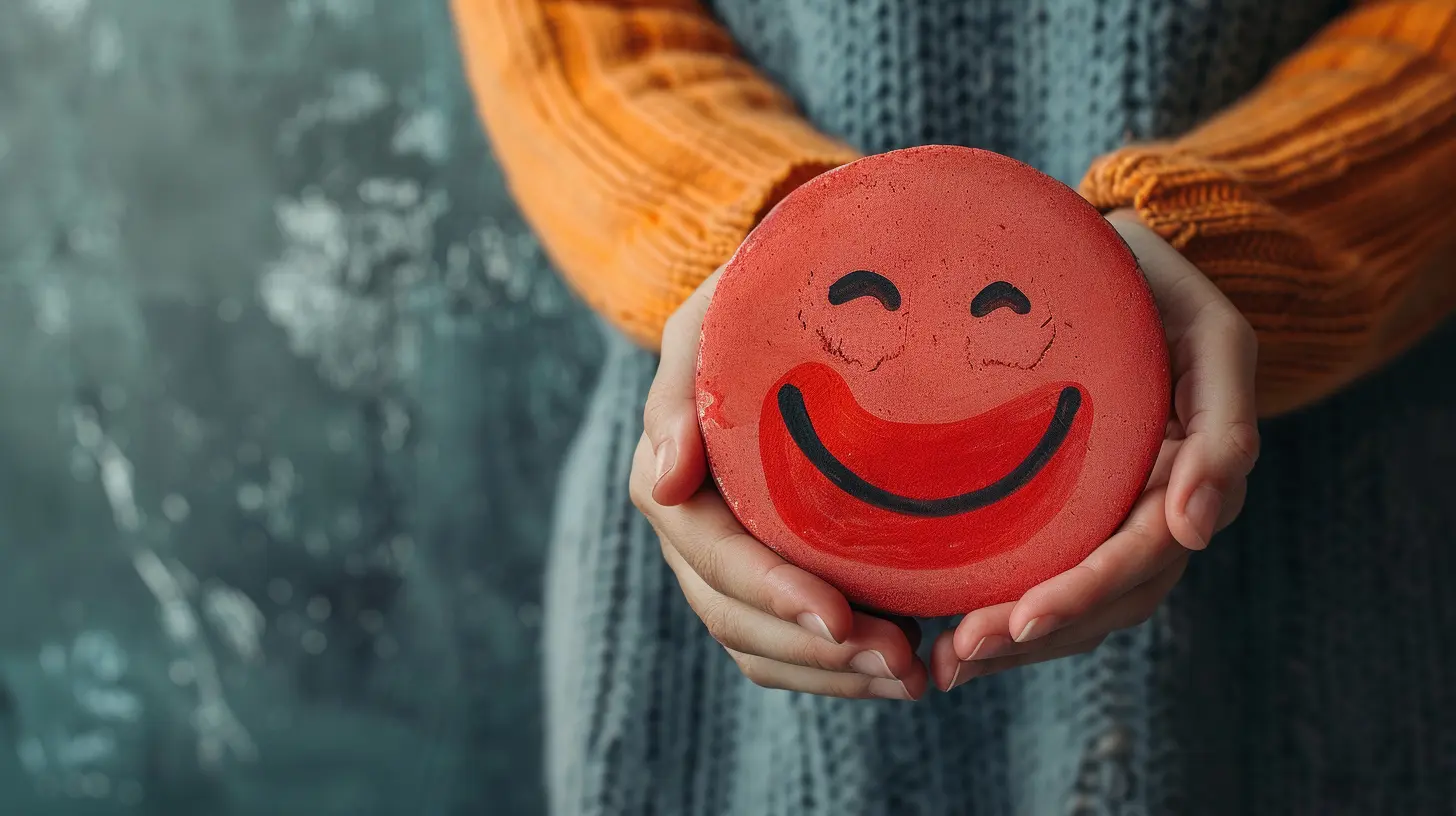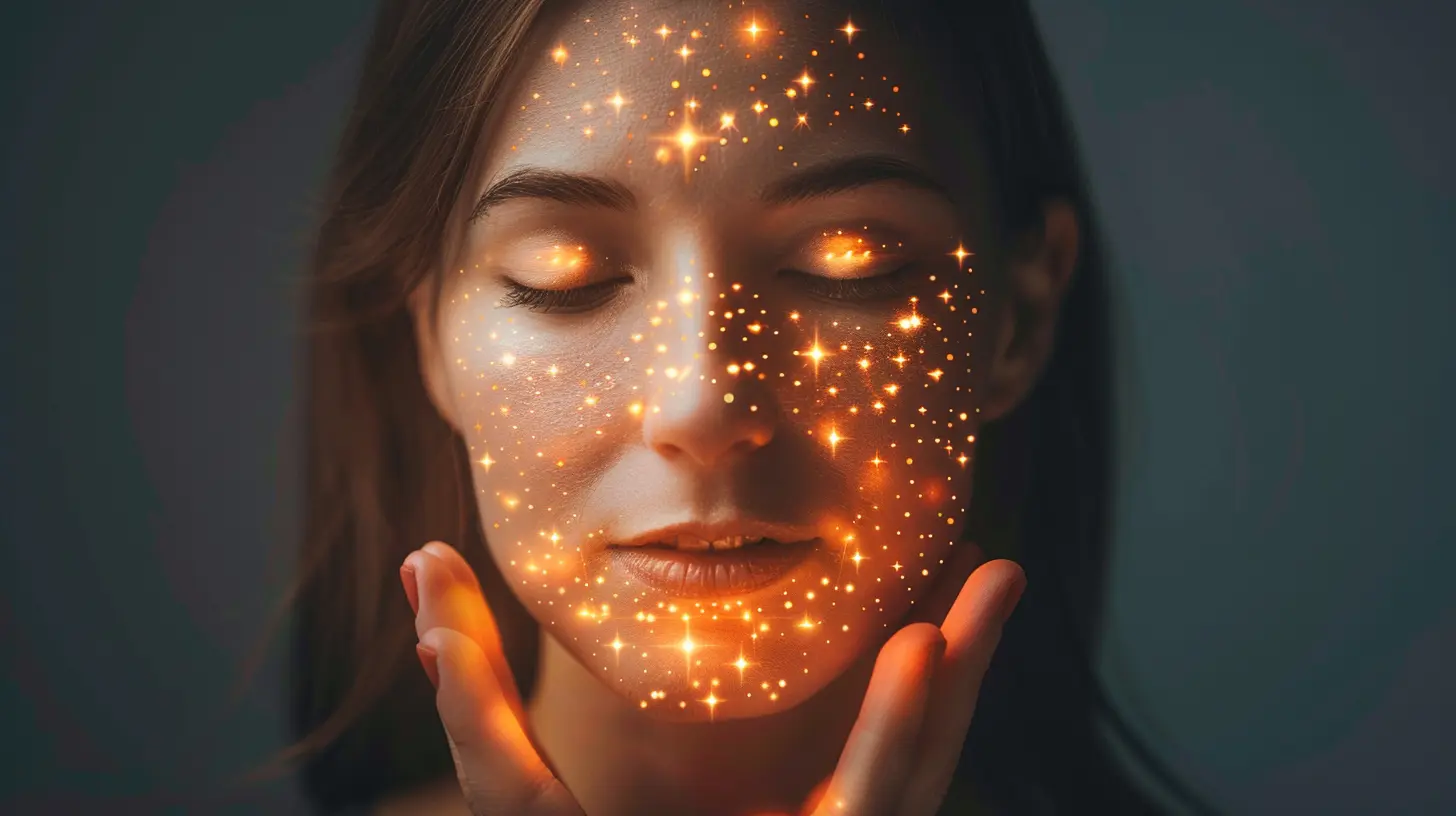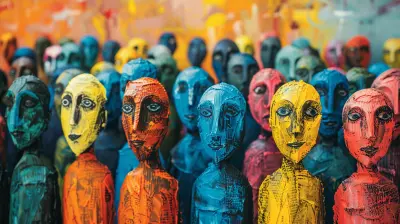Emotional Support in the Digital Age: Finding Connection Online
28 August 2025
In a world where we're more digitally connected than ever before, it's easy to assume we've got all the emotional support we need at our fingertips. But here's a question—are those Instagram likes and late-night texts really giving us the support we crave? Or are we feeling more isolated in a world full of "connections"?
Let’s take a walk through how emotional support has evolved, why it's crucial more than ever today, and how we can actually find meaningful, healing connection in the digital world. Whether you're dealing with anxiety, loneliness, or just trying to cope with life's ups and downs, emotional support isn't a luxury—it’s a lifeline.

The Emotional Support Everyone Needs (But Rarely Talks About)
Emotional support—it’s that comforting voice, a listening ear, or a warm presence that says, “Hey, I get you.” It's human to need that. Yet for some reason, many of us still feel hesitant to reach out. Maybe it's fear of being judged, or maybe we're worried we’ll appear "too needy."But here’s the truth: emotional support is like emotional fuel. Without it, we burn out. And in today’s hyper-connected yet strangely distant digital world, getting that support can feel like finding a needle in a haystack.
Remember this: needing support doesn’t make you weak—it makes you human.

The Evolution of Emotional Support: From Face-to-Face to FaceTime
Not too long ago, emotional support looked like coffee dates, handwritten letters, and heart-to-hearts on the front porch. Fast-forward to today, and that same support can now come from a WhatsApp message, a Reddit comment, or a soothing voice on a mental health podcast.Technology has completely shifted the way we seek and offer emotional care. And while some may argue that digital connection lacks depth, it’s important to recognize the flip side—it’s also more accessible than ever.
So, what does emotional support in the digital age really look like?
Let’s break it down.

Social Media: A Double-Edged Sword
Ah, social media—the place where everyone seems to be living their best lives. But scratch beneath the surface, and you’ll find that a lot of people are silently struggling. While social platforms can feel superficial at times, they also offer spaces for genuine connection.Think Facebook groups for people dealing with grief. Instagram pages that spread mental health awareness. TikTok communities that say, “You’re not alone.” If you use it intentionally, social media can be a powerful tool for finding emotional support.
But, a word of caution—don’t mistake likes and shares for love and understanding. Emotional support is deeper than digital applause.

Online Communities: Support Groups for the Soul
Ever heard of the saying, “Strangers are just friends you haven’t met yet”? Online communities, especially those centered around mental health, can be a godsend.Sites like Reddit, Discord, and dedicated forums offer a judgment-free zone where people can vent, share their stories, ask for advice, or just be heard. And sometimes, a comment from someone across the world hits home more than a chat with your closest friend.
These virtual hangouts are digital campfires. They’re places where people gather to feel seen and heard—no need for small talk or social masks.
Top Online Communities Offering Emotional Support
- 7 Cups: Offers free emotional support from trained listeners.- Reddit’s r/mentalhealth: Anonymous community with shared experiences.
- HealthUnlocked: Condition-specific support forums.
- DailyStrength: Groups for everything from addiction to relationships.
Mental Health Apps: Pocket-Sized Support Systems
There's an app for everything—and yes, that includes your emotional well-being. Mental health apps can offer everything from guided meditations and journaling prompts to 24/7 chat with therapists.Some popular ones include:
- BetterHelp: Online therapy with licensed professionals.
- Talkspace: Text or video therapy sessions tailored to you.
- Headspace: Great for mindfulness and mental clarity.
- Moodfit: Tracks your mental and emotional health daily.
These tools are especially helpful if you're not ready (or able) to talk to someone in person, but still crave support. It’s like having a self-care coach in your pocket.
The Rise of Digital Therapy: Getting Help in Your PJs
Let’s face it, life gets busy. Between work, family, and everything else, squeezing in a weekly therapy appointment can feel like a mission. But online therapy? That’s a game-changer.Whether it’s video chat, phone calls, or even text-based sessions, digital therapy is making emotional support more accessible and less intimidating.
Plus, there’s something oddly comforting about being able to pour your heart out from the comfort of your couch, wearing pajamas, and clutching your favorite cup of tea.
Is it different from in-person therapy? Sure. But different doesn’t mean less effective. In fact, studies have shown that digital therapy can be just as helpful—sometimes even more—especially for folks dealing with anxiety or social fears.
The Power of Peer Support: Real People, Real Talk
Sometimes, the best emotional support doesn’t come from professionals—it comes from people who’ve been in your shoes.Peer support groups, whether run through Zoom or hosted on platforms like Facebook or Meetup, offer powerful connection. These are safe spaces where people can share without fear of judgment, because everyone there gets it.
These aren't therapy sessions—they're heart-to-hearts.
If you've ever felt that moment of relief when someone says, “Me too,” then you know just how healing peer support can be.
Boundaries Matter: Staying Safe in the Digital World
While the digital world is full of possibilities, it’s also full of pitfalls. Not everyone online has your best interests at heart, and not all advice is good advice.Here are a few tips to keep you safe:
- Protect your privacy. Don’t overshare personal details.
- Check credibility. Always look into the credentials of those offering professional advice.
- Know your limits. If something feels overwhelming, it’s okay to log off.
- Avoid toxic positivity. Real emotional support makes space for your feelings—it doesn’t brush them off with "just be happy."
Remember: your digital well-being is just as important as your real-world mental health.
It’s Okay to Ask for Help (Even Online)
Let’s bust a myth right now: Asking for help doesn’t mean you’re broken. It means you’re taking charge of your mental and emotional health.Whether you reach out to a friend on Messenger, post in a support group, or finally book that online therapy session—you're doing something powerful.
You’re choosing connection. You’re choosing healing. You’re choosing you.
Small Ways To Create Big Emotional Support Online
- Start a group chat with close friends just for emotional check-ins.- Share honestly on social media (you’d be surprised how many people will relate).
- Send a voice note instead of a text—it adds a human touch.
- Join a virtual book club, hobby group, or support circle.
- Be that support for someone else. Sometimes, giving support is healing too.
The Digital Hug That Keeps On Giving
At the end of the day, technology is just a tool. It can connect or disconnect. It can drown out or amplify. It all depends on how we use it.Emotional support in the digital age is real, it’s powerful, and it’s evolving. From text messages to teletherapy, we have more ways than ever to care for our hearts and minds, even from a distance.
So if you’re feeling alone, overwhelmed, or just need a little encouragement—you’re not the only one. And you're not without options.
Reach out. Log in. Speak up.
Because even in a digital world, real connection is still possible. And you deserve every bit of it.
all images in this post were generated using AI tools
Category:
Emotional SupportAuthor:

Jenna Richardson
Discussion
rate this article
1 comments
Zevin Hurst
The article adeptly highlights the complexities of emotional support in our digital landscape, emphasizing how online connections can supplement, but not replace, face-to-face interactions. It raises critical questions about the quality of virtual relationships and their impact on mental well-being, warranting further exploration into digital empathy dynamics.
September 14, 2025 at 2:36 PM

Jenna Richardson
Thank you for your insightful comment! I'm glad you found the article's exploration of digital empathy and the nuances of online vs. face-to-face connections valuable. It’s an important conversation that certainly merits further discussion.


